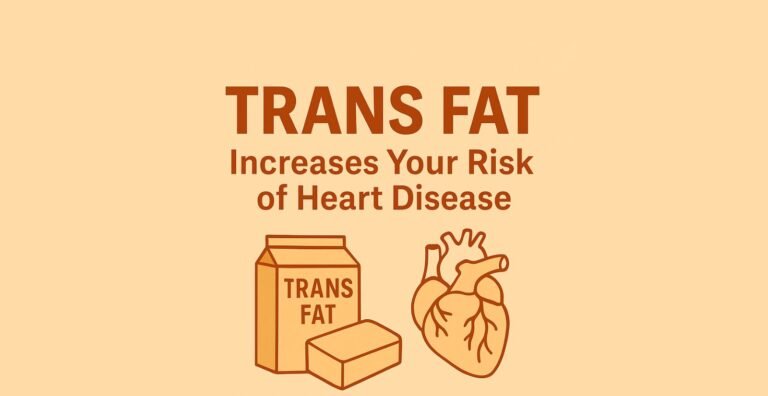Top Health & Wellness Product Reviews with Exclusive Sale Prices!
How Sleep Impacts Your Health: Key Benefits and Risks of Poor Sleep

Sleep is a cornerstone of health, influencing physical, mental, and emotional well-being. Despite its importance, millions of people worldwide struggle with sleep deprivation or poor-quality sleep. This blog delves into the critical ways sleep impacts your health, from its profound benefits to the risks associated with chronic sleep deprivation.
Why Sleep is Essential for Health
Sleep isn’t just a time for your body to rest. It’s a complex process during which your body and brain repair, regenerate, and prepare for the challenges of the next day. Key functions of sleep include:
- Cognitive Restoration: Sleep enhances memory, learning, and decision-making. Without sufficient sleep, cognitive functions decline, making it harder to focus and process information.
- Physical Recovery: During sleep, muscle repair and immune system regeneration occur, promoting physical recovery after illness or exercise.
- Emotional Regulation: Sleep is critical for maintaining emotional stability. Lack of sleep increases irritability, stress, and the risk of mental health issues like depression.
The Health Risks of Poor Sleep
When sleep is compromised, the risks extend beyond fatigue. Chronic sleep deprivation or poor sleep can lead to:
- Weakened Immune Function: Sleep is crucial for a robust immune system. Insufficient sleep increases susceptibility to colds and infections.
- Heart Disease and Obesity: Research links poor sleep to increased risks of heart disease, hypertension, and obesity due to hormonal imbalances.
- Mental Health Decline: Sleep deprivation exacerbates anxiety, depression, and stress, creating a vicious cycle of poor mental health.
- Increased Accident Risk: Sleep-deprived individuals are more prone to accidents due to impaired alertness and slower reaction times.
Tips for Better Sleep
- Create a Sleep Schedule: Go to bed and wake up at the same time every day, even on weekends, to regulate your circadian rhythm.
- Optimize Your Sleep Environment: Keep your bedroom cool, dark, and quiet. Use blackout curtains and white noise machines if necessary.
- Limit Stimulants: Avoid caffeine, nicotine, and alcohol close to bedtime.
- Practice Relaxation Techniques: Engage in mindfulness, meditation, or light yoga to wind down before bed.
- Get Regular Exercise: Physical activity promotes better sleep, but avoid vigorous workouts close to bedtime.
The Bottom Line
Sleep is a non-negotiable component of health and wellness. From sharpening your brain to strengthening your immune system, its benefits are unparalleled. Conversely, ignoring your sleep needs can lead to serious health risks over time. Prioritize sleep to unlock your full potential and safeguard your health.







